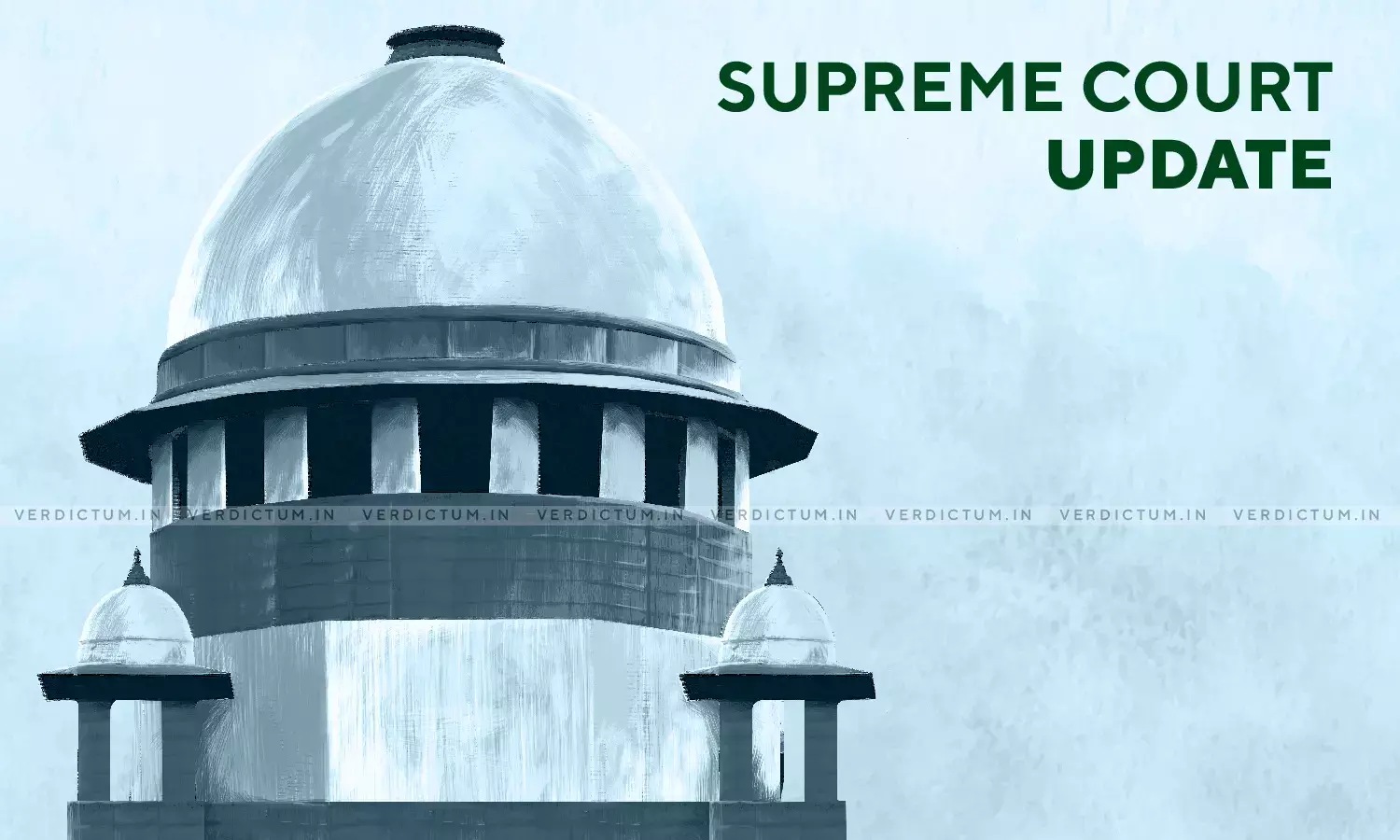Reply Under RTI Is Not Admission By Government: Supreme Court Observes
The Supreme Court on Thursday said that Right to Information (RTI) is not an "admission" of the government as the answer provided under it depends upon what question has been posed.
The Apex Court, while hearing the pleas filed by some private tour operators who have raised the issue of GST exemption for services provided by them to Haj pilgrims travelling to Saudi Arabia, observed that RTI is relied on in writ petitions filed in the courts.
In all writ petitions everywhere, RTI is relied on .. It is always misleading. What question is posed, depending upon that, an answer is given. That has been our broad experience by now, a Bench comprising of Justice A M Khanwilkar, Justice A S Oka and Justice C T Ravikumar observed.
RTI is not an admission of the government, the Bench observed. The Court observed this after the counsel, appearing for some of the petitioners, referred to an RTI application and said the Centre has admitted that it is a religious ceremony.
The concerned authority which is responsible to do business of this taxation should come and depose on affidavit that this is what we state. Then we can accept it as admission, the Bench said.
During the hearing, the counsel appearing for some of the petitioners said Haj is performed in Saudi Arabia. The Court orally observed during the hearing that the facility provided by the tour operators is availed outside India but the payment for it is made here.
Arguing that a person going on Haj has to follow the policy, the counsel said GST is paid on the air ticket and the petitioners are not questioning that. The Bench also dealt with the argument that being a religious ceremony, the services provided as part of the Haj pilgrimage in Saudi Arabia should be exempted.
Religious ceremony will be for religious purpose there itself where you are going. Not all other incidental activities associated with it, the bench observed. The arguments in the matter would continue on April 26.
With PTI inputs












